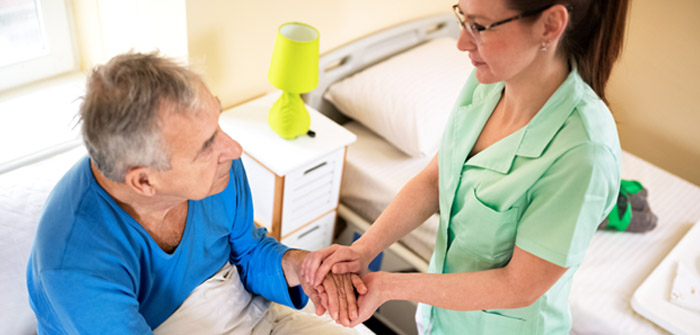Nursing home abuse or neglect cases are on the rise, but it can be difficult to prove them because all claims need verification and substantial evidence. Some patients also have medical, psychological, and physical conditions that prevent them from speaking for themselves.
Statistics show that about two million people live in nursing homes. Most of these are the elderly, the disabled, and people with an intellectual disability. If your elderly family member is in a home and you believe they have been neglected, they have rights under the law.
The points below will help to know how to prove that your loved one has been neglected in a nursing home.
Breach of Duty From the Caregivers
During a lawsuit, you and your lawyer will have the duty of providing proof of your claims. You must prove that a breach of duty has taken place, which you can prove by providing evidence of how the caregivers deviated from your care rights. The following are examples of breach of duty in a nursing home.
- The patient did not receive enough food, the food was not up to the standards as per the agreement
- The caregiver did what was not expected of them, or they did not do what was expected of them.
- The caregiver failed to ensure that the patients are taking medication on time or gave the wrong medication
- The patient got pressure ulcers or infections due to poor sanitary conditions or caregiving
For a successful lawsuit, you will also need to prove that the nursing home’s negligence caused financial damages and that these damages were the direct result of the breach of duty.
Type of Damages
You must also prove the specifics of the harm your loved one suffered. Your damages may be both economic and non-economic. Such damages can include:
Medical Bills
Your loved one may have been left with medical bills due to the negligence of a nursing home facility or a caregiver. These can include medications, doctor visits, hospital stays, and even surgery.
Pain and Suffering
Your loved one may be awarded damages for pain and suffering. This can include emotional distress, the anguish of experiencing physical pain, and even the development of a mental illness like PTSD.
The court may also award punitive damages to punish the defendant under appropriate circumstances. Holding facilities and caregivers responsible will protect other vulnerable seniors.
Proving Damages
You will need to give proof of the direct link between the breach of care and the damages that were incurred. This includes substantiating why you believe that had the caregivers been careful with their duties, your loved one would not have suffered.
One way you can get proof is from the related medical records to the complaints. If the patient has medical records that are related to the neglect, they will stand a better chance of receiving compensation. The medical history alone might be adequate proof.
The nursing home staff may also have documentation related to the neglect, which can be a valuable resource to prove the damages. Your lawyer may be able to get a subpoena for these records.
Collecting Evidence
It is important to keep all documentation related to nursing home abuse for future reference and to help pursue criminal or civil claims against the nursing home. Such documentation can include:
- Conversational notes between the staff and the patient
- Diaries of the recorded information by relatives or other residents
- Pictures of the patient’s injuries
- Photographs of the facility
It is advisable to seek legal assistance from the lawyers due to the complexity of nursing home neglect cases. You can go here to learn more about nursing home abuse and neglect lawsuits. If your loved one died as a result of being neglected in a nursing home, you may also be able to pursue a wrongful death lawsuit.






